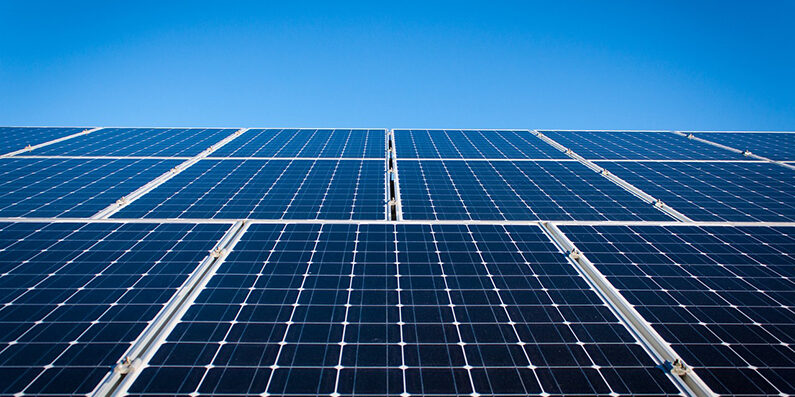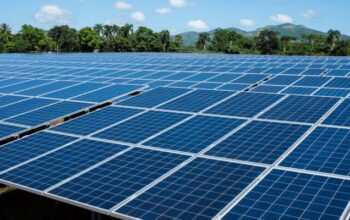Following the July coup in Niger that deposed previous President Mohamed Bazoum, a fellow West African country, Nigeria chose to respond by suspending energy exports to the country.
This posed a significant issue in Niger’s power sector, considering that Nigeria supplied 70% of Niger’s electricity prior to the coup.
According to a report recently put out by the British news network, BBC, Niger has since then experienced cascading power outages.
However, Niger’s response was to focus on the solar project it had initiated a few years back.
The BBC’s report states, “The plant, built by a French consortium, was initiated in 2018 and inaugurated on 5 July this year.
French relations with the Nigerien junta have soured since the coup. The plant has over 55,000 solar panels and can generate 30 megawatts of electricity.”
Its intended launch was set for August once Niger was able to connect the solar plant to its national electricity grid. However, the coup brought about a delay in its initiation.
According to Niger’s Energy Minister, Mahaman Moustapha Barke, Niger’s power supply has dramatically improved since the launch of the solar plant, particularly in the country’s capital and some other towns.
The project was also acknowledged by the French Embassy in Mali as it recognized the solar power’s launch but warned of operational risks. “It could not be finalized under the conditions initially planned,” as seen in the BBC’s report.
Niger’s energy minister indicated on Sunday that the technical staff that stayed behind made the completion of the solar power plant possible.
Niger’s coup consequences
The energy gap brought about by Nigeria’s withdrawal from Niger’s energy supply is hardly the only challenge brought about by international sanctions.
Shortly after the Niger coup, the World Bank disclosed that it had halted disbursements to the country until further notice, with the exception of private-sector partnerships.
Furthermore, it was reported in August that a border closure between Nigeria and Niger had put the estimated annual $226.34 million trade between the two countries at risk of collapse.
![]()




